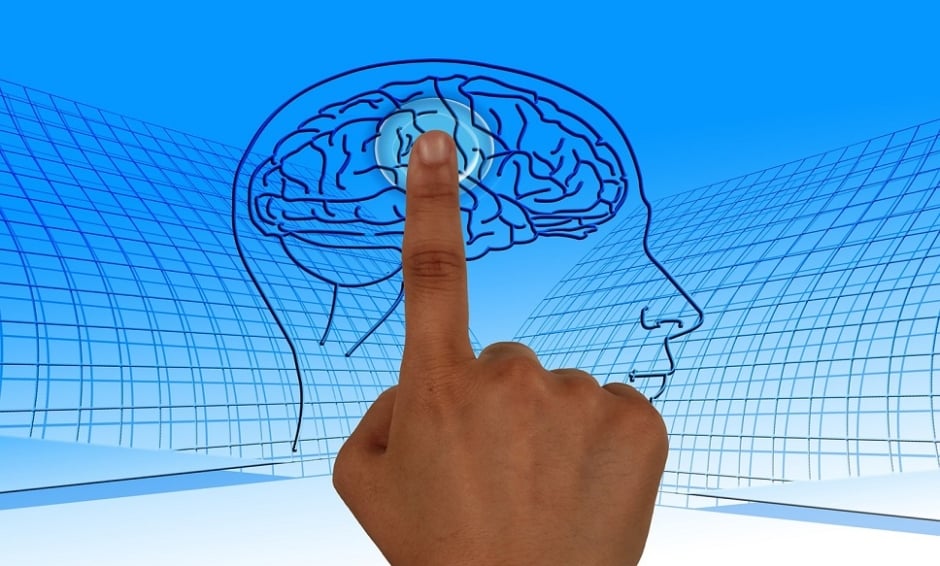THE MECHANISM for encoding episodic memories in the hippocampus region of the human brain has been uncovered by a team from the University of California San Diego, California, USA. The finding that individual episodic memories are encoded by specific, sparse sets of hippocampal neurons could aid the development of new treatments for memory-related conditions, such as Alzheimer’s disease.
Episodic-Memory Activity
In the study, single-neuron activity was recorded in a cohort of 20 epileptic patients undergoing intracranial monitoring for clinical purposes as they read a continuous stream of words, some of which were repeated. During this process, an association was observed between strong neural activity and repeated words, but not with novel words, which was held as evidence of episodic memory activity.
Encoding
Using this information, the team found that the strong activity of small and usually non-overlapping sets of hippocampal neurons encoded and represented individual episodic memories. Additionally, there was suppression of the activity of the remaining hippocampal neurons, which is known as neural sharpening. These findings confirm earlier computational models and the long-held beliefs of scientists in this area.
Treatments for Memory Problems
The researchers believe that being able to understand how episodic memories are encoded will help efforts to prevent and cure memory conditions. For example, degeneration in the hippocampus region causes memory loss during the early phases of Alzheimer’s disease. Dr Larry Squire, UC San Diego, said: “If treatments and preventions are to be developed for memory problems, and for diseases that affect memory, it will be important to know how the brain accomplishes learning and memory: What brain structures are important for memory and what jobs do they do? In our study, we found what would have been easily missed were it not for theoretical models of memory that had been developed earlier.”
Amygdala Region
The study also looked at whether any related neuron activity took place in the amygdala brain region, which is associated with emotion and emotional memory; no such activity was found.
James Coker, Reporter
For the source, and further information about the study, click here.








